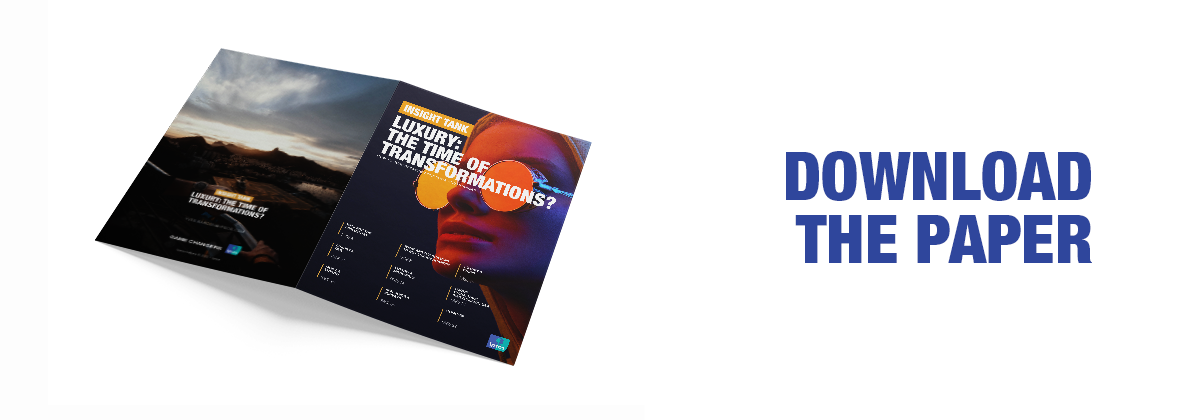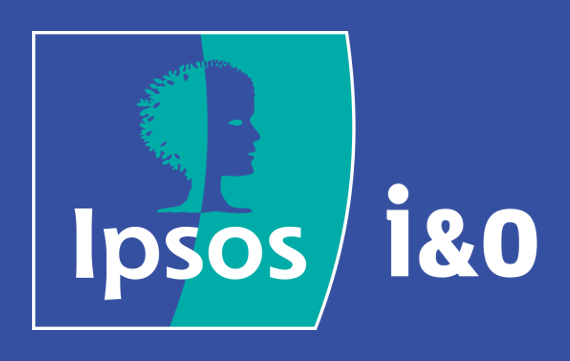

Luxury, the time of transformations?
Baroque is the art of inconstancy, mobility, and ephemeral trends. Conversely, Luxury embodies what is immutable, timeless, and incorruptible. It is naturally identified with gold, while Baroque was born from the silver of oddly shaped pearls. Luxury is an absolute that defies fashion, possessing an incomparable know-how faithful to tradition. This is the European vision, and especially the French one.
Meanwhile, under the impetus of a new generation of creators, Luxury has become synonymous with breakthroughs, innovations, and audacity: nothing testifies to this more than the world of fine watchmaking with pieces inspired by pocket watches or by the cylinders of an engine.
Other transformations have been born and are accelerating.
Luxury clients are changing and no longer have much to do with Clark Gable or Princess Grace of Monaco. Rappers, stars, football soccers, new ‘Crypto aristocrats’, break the norms, combining ostentatious streetwear and ostrich bags, scruffy looks and overpriced cars. This young and wealthy clientele likes to assert their power of domination, far from the sophisticated lifestyle of Luxury.
As a result of the pandemic, luxury brands have had to integrate e-commerce into their channels, changing how people buy luxury. With a risk that e-commerce trivialises the experience with a simple ‘click’ & deprives purchasers from the sensory experience & ‘luxurious emotions’ they usually find in the physical store.
The signs of Luxury are transforming with the Metaverse, which provides exclusive and virtual products, $50,000 pixelated icons, like cryptopunks revisited by Tiffany. It is also transforming how and where to manifest wealth and uniqueness, with new benefits and new expressions, moving the emphasis from products to pure experiences.
The luxury sector is also extending, with collaborations between Maisons and mainstream sportswear brands such as Gucci with Adidas. Not to mention diversification into new businesses such as Louis Vuitton and its restaurant in Saint Tropez or Veuve Cliquot and its luxury resort in the brand’s colors in Australia.
The current issues of the world may also influence views on Luxury. Inflation is the top global concern today, yet Luxury brands may seem to live disconnected from reality, cultivating an abyss between the «super rich» and the others. Moreover, while the luxury sector wants to be exemplary in terms of CSR, the question of the Say / Do gap arises between the imperatives of sustainability which speak to the collective and the quest for the product coveted by the customer which speaks above all to his individual desire.
For the first time, Luxury players are at the crossroads of new cultural, commercial, social and ethical issues. Our experts are here to help them navigate these changes.
Table of content
- Editorial
- Luxury clients
- Luxury & Crisis
- Luxury & CSR
- Luxury & Metaverse
- Focus: China, number one in Luxury purchases by 2025?
- Focus: Italy, at the forefront of transformations?
- Focus : USA, empathy to connect to the new Luxury clients - Conversation with Versace US
- Affluents & Surveys: The secret of engagement
- Gen Z eye-catching: Beauty or show-off
- Compass: The five things to know to manage Luxury brands

About the Insight Tank
The Insight Tank is a team of Ipsos experts bringing together knowledge and data on a selection of topics with strong business potential:
- By targeting key-issues at the intersection of all sectors and all markets.
- By affirming the link between society and consumption, citizens and consumers, to connect marketing, public opinion, media, etc. with major societal phenomena and their impacts, and vice versa.
- By associating insights with academic knowledge outside Ipsos.
The Insight Tank, a “provocative thinking” approach in line with Ipsos’ “Game Changer” signature.

![[Webinar] Global Voices of Experience 2026](/sites/default/files/styles/list_item_image/public/ct/event/2026-02/global-voices-of-experience-carousel.webp?itok=BEAGdhsC)

![[WEBINAR] From Shopper Insight to Shelf Action](/sites/default/files/styles/list_item_image/public/ct/event/2026-01/Simstore%20Webinar_Website%20image_v0.2.webp?itok=frb54ICz)